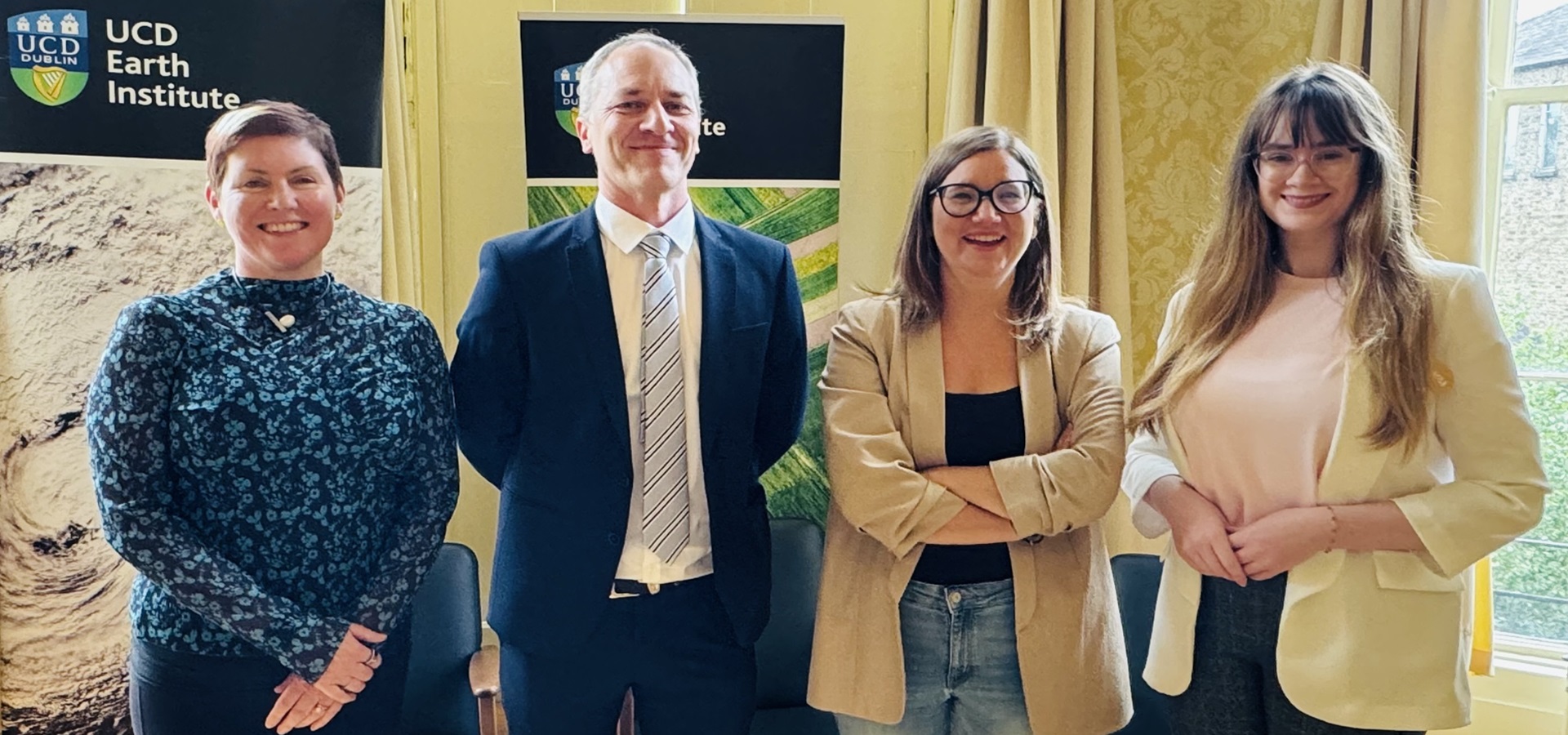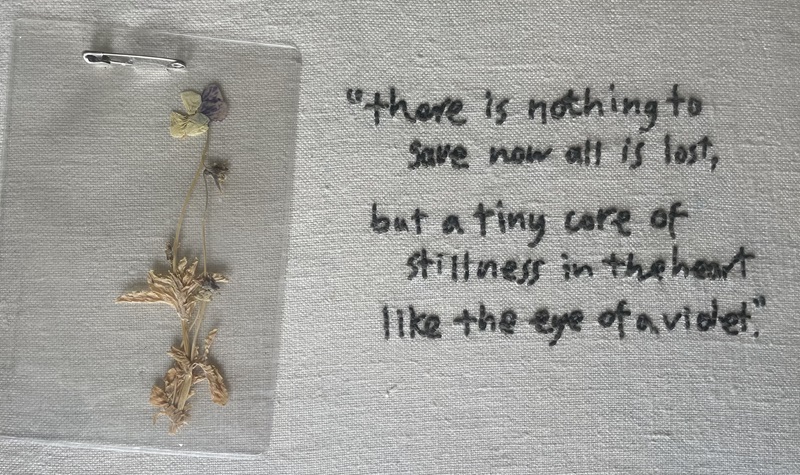UCD Transport Research Hub launches podcast series
 The Transport Hub Podcast created by the Transport Research Hub @ UCD (TREAH) and hosted by Dr Páraic Carroll (UCD School of Civil Engineering) offers discussion, analysis and dissemination of transport & mobility related research, industry innovations and international policy developments in an accessible and intelligible way for the general public and scientific community.
The Transport Hub Podcast created by the Transport Research Hub @ UCD (TREAH) and hosted by Dr Páraic Carroll (UCD School of Civil Engineering) offers discussion, analysis and dissemination of transport & mobility related research, industry innovations and international policy developments in an accessible and intelligible way for the general public and scientific community.
The podcast will feature a wide range of interviews from academia, industry, policy and advocacy to appeal to a general audience.

In the first episode, host Páraic is joined by Francecso Pilla, Full Professor of Smart and Sustainable Cities at the UCD School of Architecture, Planning and Environmental Policy, to discuss smart and sustainable cities and the role citizen science can play in these. Francesco’s goal is to build better cities through technology, innovation and citizen participation and his work includes monitoring air pollution and flood risk, monitoring climate change, and looking at various aspects of sustainable mobility by developing tools that enable local communities to tackle these challenges. Francesco uses a bottom-up approach so that local communities can make an active contribution by providing the technological tools and data.
In the first episode interview, Francesco and Páraic explore the role of community participation as it relates to sustainable transport and mobility, in particular the WeCount Dublin project which provided local communities in the Greater Dublin area with the tools to measure and analyse traffic in their neighbourhoods. The results were then shared with local authorities with outcomes including traffic calming measures in some areas.
This citizen science and community engagement methodology has been extended to other EU Horizon projects Francesco is involved with including the TwinAIR Horizon funded project which provides local schools with indoor and outdoor air-quality sensors to improve ventilation indoors with the longer term goal of reducing motor traffic in urban environments.
Francesco and Páraic also discussed the different definitions and understanding of citizen science with Francesco suggesting it is essentially about giving citizens an active role in a scientific project and so expanding the team from researchers to include citizens and communities with related advantages and disadvantages.
Francesco believes strongly that co-design and co-creation go together in terms of sustainability practice, particularly in the community participation projects he works on delivers. This means local communities co-develop the solution and also monitor the impact the solution they deploy – citizen science in action. Stakeholder engagement is also critical element which creates a sense of ownership, overcome barriers, and understand behavioural drivers.
Francesco also emphasised the importance of multidisciplinarity and having a multidispliscinary team in order to experiment with different approaches, especially when it comes to geospatial data analysis and spatial dynamics, for example exploring machine learning and AI in relation to traffic sensor data analysis.
One of Francesco's more recent project is the Bike Library, a bikesharing scheme, providing families with a bikesharing scheme beyond the current models catering only for single users but not for families. The Bike Library allows families to borrow bikes including children’s bikes as well as electric bikes and electric cargo bikes for adults to use for the school commute with their children.
Overall, Francesco plans to focus on transport and mobility solution to contribute to behavioural change including expanding the Bike Library project across Ireland and also the REALLOCATE project centred on redistributing or rebalancing road space towards active and public transport modes incorporating “nudging” behavioural intervention in order to make mobility safer for vulnerable road users, e.g. pedestrians and cyclists etc, in urban environments in 10 pilot cities across Europe.
Francesco concludes with an emphasis on the importance of the human aspect to technology – a city can be filled with smart technology but if citizens are not part of this and actively engaged then the technology is essentially pointless.

